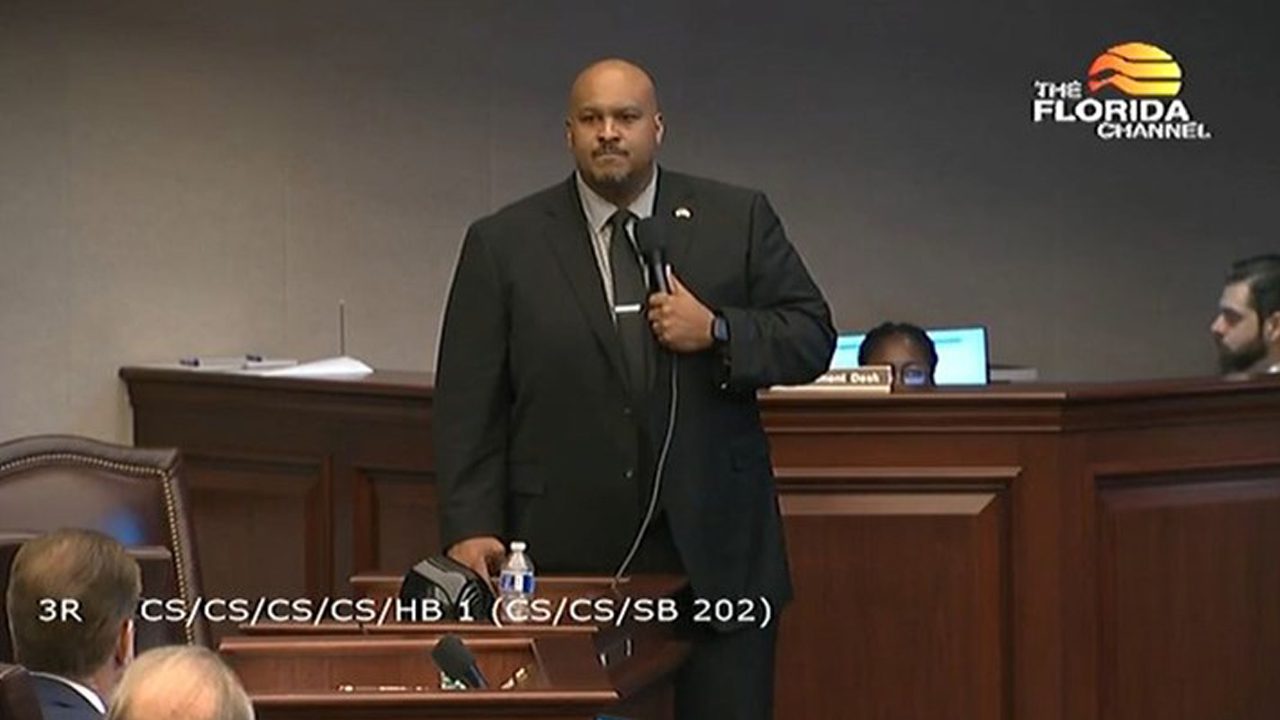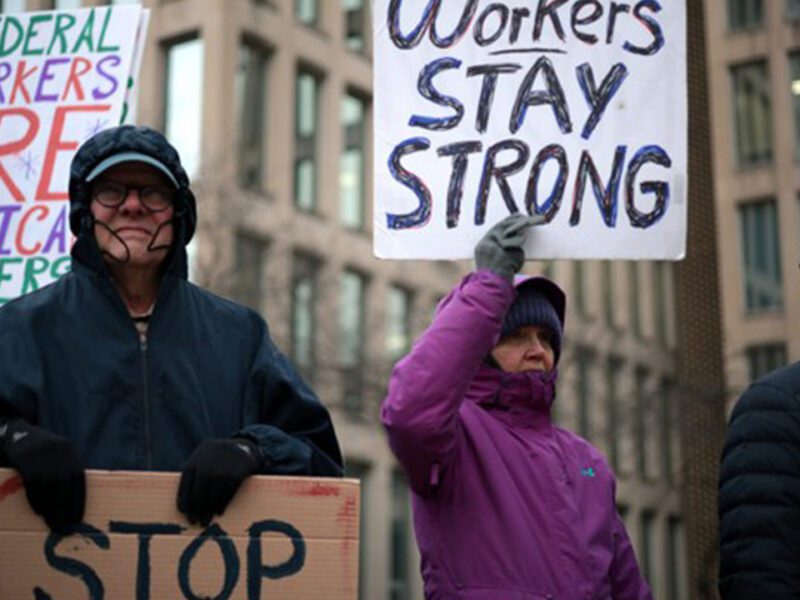
Florida school voucher money is flowing again, but delays persist
Funds are slowly released as an overwhelmed system tries to handle the major expansion approved by state lawmakers.
Tampa Bay Times | By Jeffrey S. Solochek | September 26, 2023
Florida school voucher funds began trickling in to parent and private school accounts over the weekend, days after complaints surfaced that delayed payments were threatening to derail children’s education.
Eighty-six percent of students receiving vouchers for special needs should have access to their money this week, said Scott Kent, a spokesperson for Step Up for Students, the organization that administers the vast majority of voucher applications in the state. Once the group gets proper invoices from the students’ schools, Kent said, Step Up will make the payments.
That should take place next week, he said.
Among other voucher recipients, about 26% of “educational options” awards had received funding, with about 70% of their schools having submitted invoices. Most should be paid early next week, Kent said.
About 95% of students receiving tax-credit scholarships, which have a different revenue stream than vouchers, should have their money this week, he added.
It’s been more than six weeks since the fall semester began, and the delays have forced some school officials to use their own funds to keep operating.
Danielle Underwood, a Palm Beach County parent whose daughter receives a special needsvoucher, said she was heartened to see her concerns addressed shortly after making her situation public. But she noted that several other families she has communicated with did not get such quick action.
“There are many kids’ parents who haven’t got theirs yet,” Underwood said. “Everyone should be treated equally regardless if they have loud mouths and courage.”
Maria Preston, founder of Diverse Abilities Center in Fort Lauderdale, said school operators held a productive Zoom meeting with Step Up officials over the weekend. She said the information they provided about why payment delays occurred was helpful, and suggested that better communication could have resolved many complaints.
“They were a little overwhelmed,” Preston said of Step Up, which has been dealing with an expanded voucher program and new systems for receiving, reviewing and paying claims.
Kent said Step Up is “processing everything very quickly after we receive it.” He said in some instances the organization has not received proper tax or banking information, and some invoices have come in for Voluntary Prekindergarten students rather than voucher recipients.
“These issues have to be worked out one by one,” he said.
Preston said it makes sense that Step Up must carefully verify each voucher to ensure it is properly used. She expected the bottleneck will ease.
“The bigger issue is the cap,” she said, referring to the section of Florida voucher law that sets limits on the number of vouchers for students with special needs.
No similar restrictions exist on the number of students seeking vouchers or tax credit scholarships for educational opportunities. In recent years, activists have lamented that attention to the most needy students has been diminished as lawmakers have merged the scholarship and voucher programs.
“The kids with disabilities should not have a cap. That’s our next battle,” Preston said.
Polk County parent Stephanie Mendez said she would welcome such a change. Her children, first grader Titan and second grader Lexi, have been awarded vouchers for their special needs.
She home-schools the youngsters after struggling to get them services in virtual school. She said she does not feel comfortable sending them to public school because of health situations and concerns about Florida gun laws and school shootings.
“I still don’t have access to the (Step Up online store) Scholar Shop so I can purchase the items they need,” Mendez said via email. “I’ve reached out to Step Up directly and have been told that they could be on a waitlist for up to a year which doesn’t help them now.”
Kent said Step Up is aware of the complaints about the waitlist, and is working with the Florida Department of Education to address them.





